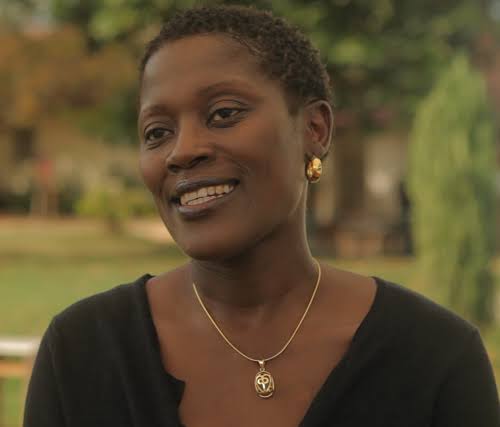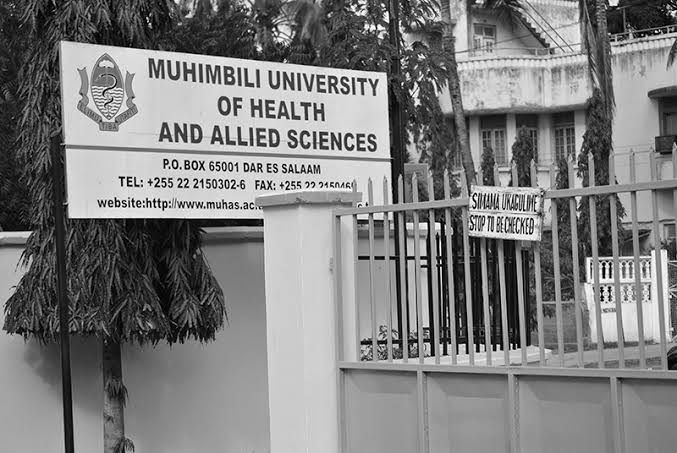The French Embassy in Tanzania awarded Professor Julie Makani a medal of Merit for dedicating her life to improving clinical care for patients and finding a cure for sickle cell disease (SCD).
Professor Makani of Muhimbili University of Health and Allied Sciences (MUHAS) is a renowned Professor of Hematology.
The French Ambassador to Tanzania, Nabil Hajlaoui, said at the ceremony that the medal of Merit is a symbolic and prestigious award for the French Republic.

He said that it aims to honor and appreciate prominent and inspiring personalities who have contributed to strengthening French-Tanzanian relations in a specific sector such as health and medicine.
“With this award, the Embassy of France in Tanzania wishes to confirm the long-term, fruitful and extensive cooperation that the Embassy has established with Professor Julie Makani, but also with her team from the Department of Hematology and Transfusion at MOHS.” He said.
Also, read; Ethiopia, Angola to Overtake Kenya As Largest Economies In Sub-Saharan Africa
Mr. Hajlaoui said that the pioneering work of Professor Makani has greatly contributed to the advancement of sickle cell disease research in Tanzania and Africa and the improvement of patient care.
She founded an African network dedicated to SCD, The Sickle Cell Compact: A Consortium for Health, Advocacy, Research and Training in Africa and has received numerous awards for her contribution to medicine.
Mr. Nabil Hajlaoui noted, “The Embassy of France in Tanzania is committed to supporting collaboration between Tanzanian and French researchers and clinicians to develop innovative projects and to make Tanzania a leader in advanced treatment of sickle cell disease.”
He added: “Health ranks high on France’s international agenda, and this is reflected in the projects developed by the embassy, such as a program to promote cancer treatment in Tanzania, implemented in partnership with the Aga Khan Hospital.”
For her part, Professor Makani said that her achievements would not have been possible without the cooperation with other stakeholders in the fields of health and research.
“If we want to see more achievements, stakeholders on different fronts need to unite,” said Professor Makani, who turns 53 in July.

Sickle cell disease is a genetic disorder that causes abnormal red blood cells and low levels of hemoglobin (anemia).
In Africa, morbidity and mortality rates remain high, particularly among children under the age of five.
Official data shows that 80 percent of new cases identified in the world come from Africa and Tanzania is one of five countries in the world with the highest annual rates of sickle cell births, estimated at 11,000 births.
